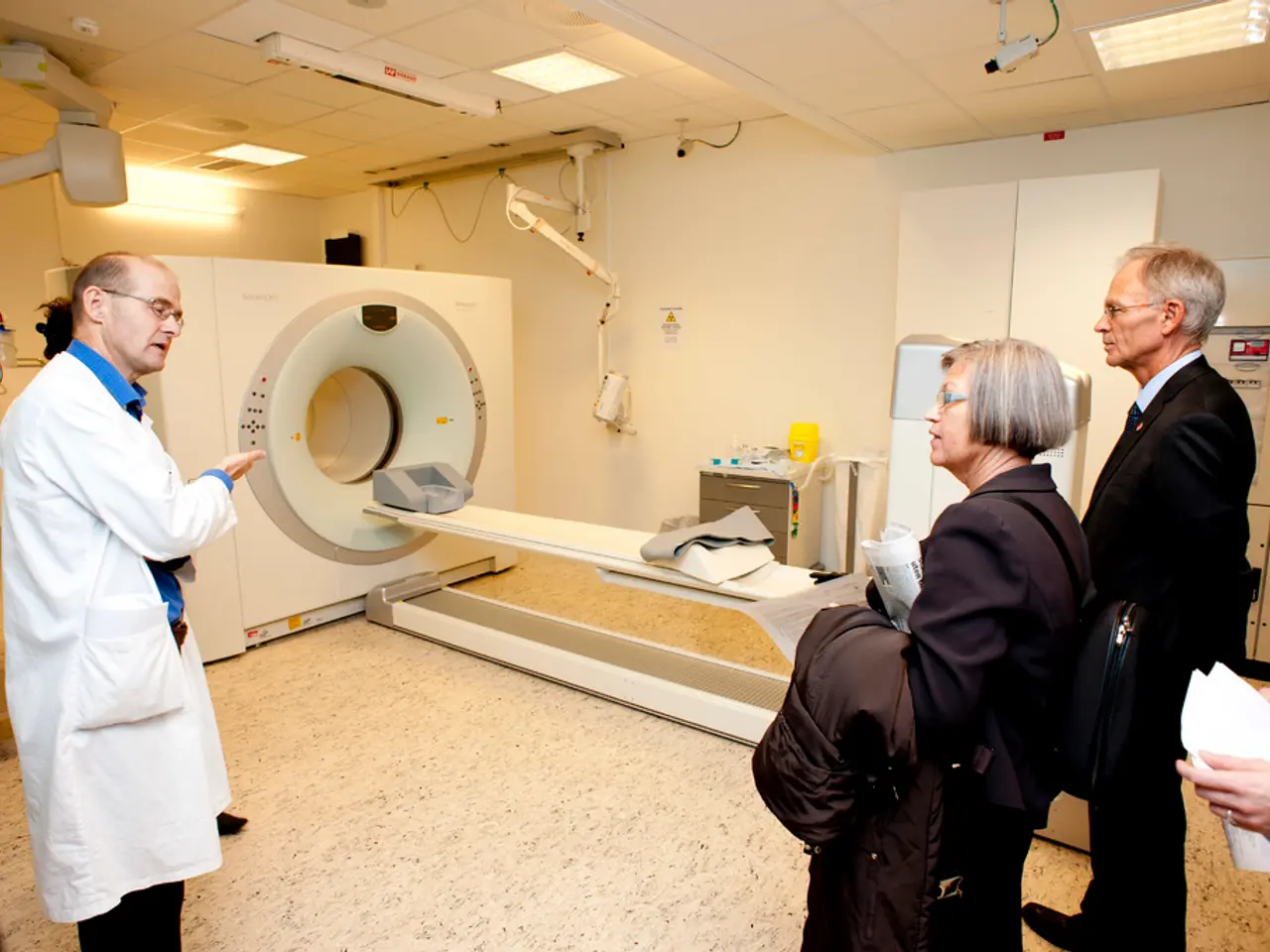Organ donation: Should it be based on consent or presumed consent?
Organ donation policies worldwide show a significant difference in approach, sparking the question: is it better to have an opt-in or opt-out system? Researchers from the UK sought to answer this question by analyzing the organ donation policies of 48 countries over a 13-year period.
In an opt-in system, individuals must actively sign up to the donor registry in order to donate their organs posthumously. Meanwhile, in an opt-out system, organ donation happens automatically unless a specific request to prevent it is made before death.
Prof. Eamonn Ferguson, the lead researcher from the University of Nottingham, UK, acknowledged that the reliance on individual decisions can lead to drawbacks:
"People may not act due to numerous reasons including loss aversion, effort, and the belief that policy makers have made the 'right' decision and one they believe in."
Inaction in an opt-in system can result in those who would have wished to be donors not donating (a false negative). On the contrary, inaction in an opt-out system could potentially lead an individual who doesn't wish to donate to become one (a false positive).
The US currently employs an opt-in system, with 28,000 transplants made possible last year due to organ donors. Unfortunately, around 18 people still die daily due to a shortage of donated organs.
The research team analyzed the organ donation systems of 48 countries, finding that countries employing opt-out systems had higher kidney donation rates. Opt-out systems also had a greater overall number of organ transplants. However, opt-in systems demonstrated a higher rate of kidney donations from living donors.
The study authors acknowledge that their research was limited by not distinguishing between different degrees of opt-out legislation, and that other factors influencing organ donation remained unassessed.
The researchers suggest that their findings could be used to inform future organ donation policy decisions, but could be strengthened further through the routine collection and public availability of international organ donation information. Furthermore, they propose that future studies should examine the opinions of those making the decision to opt in or opt out, using a mix of survey and experimental methods.
The authors note that countries with opt-out consent still experience organ donor shortages, suggesting that changing the system completely is unlikely to resolve such a problem. Instead, they suggest that consent legislation or adopting aspects of the "Spanish Model" could be ways to improve donor rates. Spain, with the highest organ donation rate globally, credits its success to the use of opt-out consent along with a transplant coordination network and improved public information on organ donation.
- The researchers from the UK, after analyzing organ donation policies of 48 countries over a 13-year period, discovered that countries using opt-out systems had higher overall organ transplant rates, including kidney transplants.
- Prof. Eamonn Ferguson, the lead researcher from the University of Nottingham, UK, pointed out that reliance on individual decisions in an opt-in system could lead to false negatives, causing those who would have wished to be donors not to donate.
- The study authors also acknowledged that their research was limited in not distinguishing between different degrees of opt-out legislation and that other factors influencing organ donation remained unassessed.
- To strengthen their findings, the researchers propose that future studies should incorporate survey and experimental methods to examine the opinions of those making decisions about organ donation, with the aim of informing health-and-wellness policies and improving science in the field of medical-conditions like organ transplants.




